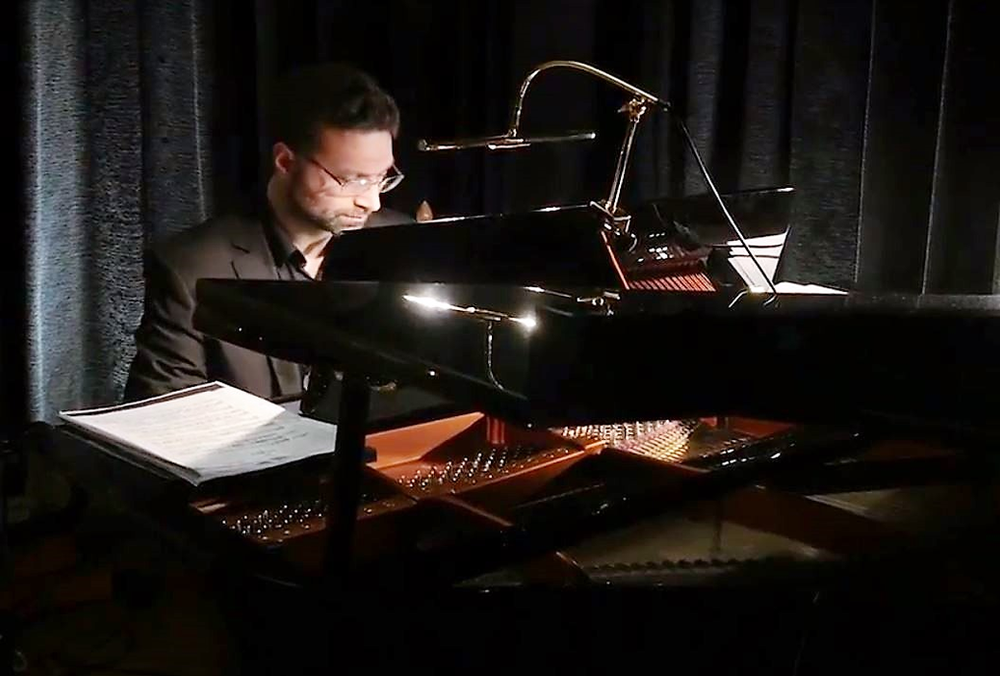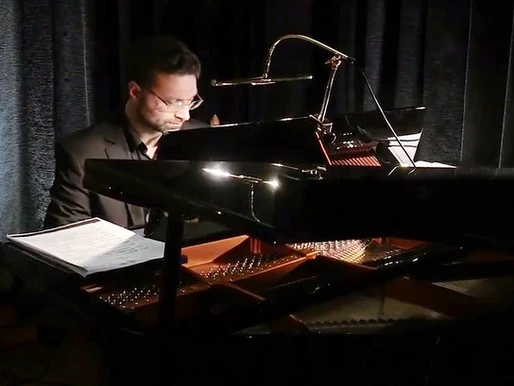Uncategorized
Piano Polyphony

What is a polyphony and why is it so important in piano studies and music studies in general?
Polyphony literally means many voices, but in terms of musical textures and structures means a simultaneous combining of several independent melodic lines into a well harmonised whole. This means that we have to have a minimum of two voices of well developed melodies that are of an equal importance. Sometimes they can have well defined individual physiognomies and sometimes they are treated in a more imitative way, sometimes both things combined. The more such voices a composition contains, the richer the polyphony and the overall effect, but also the harder to master to perform. A different sort of music with multiple voices is homophony and it is also very frequent in the piano repertoire and in music in general. However, while in this sort of music there are many voices, mainly one of them only is the lead voice and the others serve the purpose of filling in the harmonies. Although this is a less complicated type of a musical texture, it still contains some difficulties for the simple reason of having to deal with many notes at the same time and these notes are subject to certain voice leading rules and processes, so in essence it also contains, at least, some traces of polyphony. Furthermore, piano repertoire is full of examples of both types of multi voiced structures. The top place belongs to the great J. S. Bach and his beautiful but very complicated music with dense and super organised polyphonic textures and structures. All great composers born after him, learned from his works and learned the ways how to compose their own music, with all personal individual differences and points of view, but all of them having the starting point in J. S. Bach’s fatherly figure in the musical world. Composers seemingly distant from Bach, such as Chopin, Prokofiev and Rachmaninoff created music which is actually full of polyphony, although one would not necessarily notice that at the first hearing. For example, Chopin’ s music is, of course, very romantic, but it is also much more classic and even archaic then a listener would think at the first instance. Rachmaninoff’s music is full of complex textures and polyphony, although not in an archaic sense. He creates many various chordal changes enriched with dense polyphonic textures, but more in a decorative way. So, it is different in comparison to Bach’ s polyphony, but still it is a polyphony. Prokofiev’s music is also highly polyphonic, but within a more modern way of harmonic thinking where some chordal sequences and even multi chordal structures are used and are much different than the ones found in the music of Chopin or Bach. However, all the music written by these composers, and many others to be sure, is full of polyphonic textures and even when written in a more homophonic way, it is still a music with many voices to deal with. Therefore, right from the very beginning of the piano studies and musical studies in general, it is very important and advisable to study the elements of polyphony, even if they are of the simplest nature, because it plants the seeds for the future more advanced musical pieces to be learned. For those students who don’t consider to become professional musicians, it is also very important to learn polyphonic music because it will teach them to think in this way, which in turn will help them to develop a highly organised and multitasking way of thinking. This, also, goes in line with my previous article where I mentioned the importance of musical listening and education and how it reflects in “real life”. Furthermore, an enhanced comprehension of the music listened to in concerts and even on CDs/DVDs will occur, after having to study some elements of polyphony. The last thing to mention here is to emphasise again the importance of studying music by J. S. Bach because through his music, we will understand better the music of many other composers and become more capable in performing their music. Also, polyphonic music develops the piano playing technique to amazing levels and once there, we don’t regret the efforts we made.
#SrdanKozlica #PianoteachersLondon #pianoteacherlondon #pianoteachers #pianoteachersLondon #Pianoteachers #pianolessonsforadults #adultpianolessons

